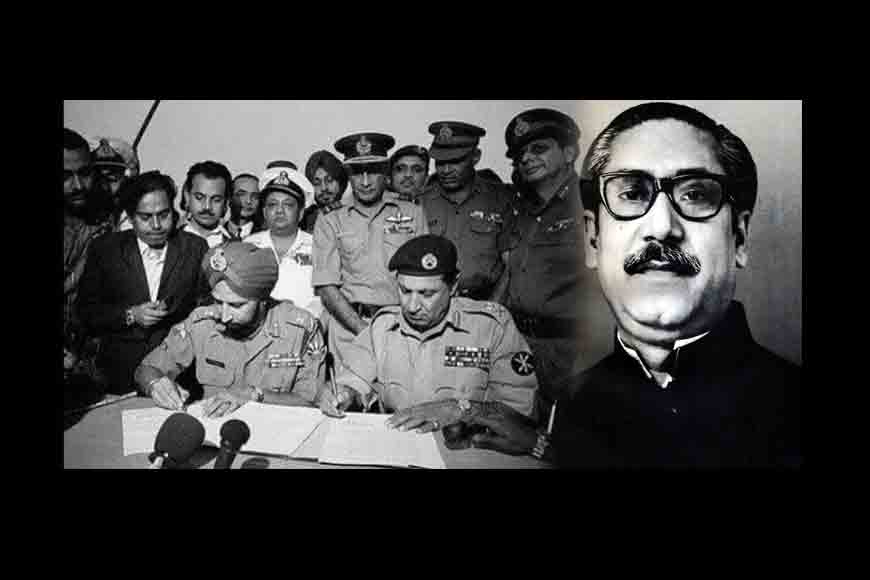

Amina was a 16-year-old young student of Dhaka when she was picked up from her house by Pakistani troops. What went on with her after that, would beat any horror film. The repeated gangrapes and the horrific torture that Pakistan played on lakhs of women of Bangladesh was just a mean of revenge against a nation that was wanting its freedom. But Amina survived, though many like her did not. And yes, 16th December brought freedom from such horrific atrocities that Bangladesh’s women faced in the hands of Pakistan’s troops. Today, as Bangladesh celebrates its Liberation War victory along with India, who helped Mujibur Rahman win the war by supplying Indian troops, they will remember the 3-4 lakh women who faced the worst torture that history could ever encrypt.
Today, Bangladesh will salute those women, many of whose names were not even known, most have died, however some like Amina has survived. They will also pay respect to 3900 Indian soldiers who were killed in that war and 9851 more who were injured. Pakistan had literally turned Bangladesh into a hell, trying to impose their supremacy in language and Islamic fundamentalism over Purba Banga. Men were killed and women forcibly taken to army camps where first they were segregated on the basis on age and physique. Then they were sent to be gangraped by soldiers. Anyone who would protest would be killed and the dead body would be thrown to rot in an open ground far from the city. Even female children were not left, they too were raped. Today, many unknown details about the atrocities will be released as new files that were not made public before comes into the open.
Rural and urban areas across East Pakistan saw extensive military operations and air strikes to suppress the tide of civil disobedience. The Pakistan Army which had the backing of Islamists, created radical religious militias – the Razakars, Al-Badr and Al-Shams to assist it during raids on the local populace. Members of the Pakistani military and supporting militias engaged in mass murder, deportation and genocidal rapes. The capital Dhaka was the scene of numerous massacres, including the Operation Searchlight and Dhaka University Massacre.
The scale of the atrocities was first made clear in the West when Anthony Mascarenhas, a Pakistani journalist who had been sent to the province by the military authorities to write a story favourable to Pakistan’s actions, instead fled to the United Kingdom and on 13 June 1971, published an article in The Sunday Times, describing the systematic killings by the military. The BBC wrote: “There is little doubt that Mascarenhas’ reportage played its part in ending the war. It helped turn world opinion against Pakistan and encouraged India to play a decisive role, with Indian Prime Minister Indira Gandhi herself stating that Mascarenhas' article has led her to prepare the ground for India’s armed intervention.”
The war started on 26 March 1971 and finished on 16 December, 1971. Yet many still shudder to even recollect the memories of how their women and child faced the torture of the Pakistan Army. No less than what ISIS does today in the Middle East countries, no less than any other war crimes that the world history wrote about. Not just tears, our salute today to those lakhs of women and their souls that paved a way for a victory of mankind.